Finally, the wait is over. The highly hyped Motorola V600 is here. Was the wait worth it? I hope after reading this review you will be able to answer the question for yourself.
Currently, the phone is offered only from AT&T wireless in the US and can be purchased from Amazon.com or Ebay also.
As most of you should know by now, the V600 is a clamshell style phone. Even though is has almost identical physical dimensions as the Samsung E715, V600 is noticeably heavier 4.4 oz (125 g).
The front and rear covers are metal and scratch resistant and can be changed. There is also highly polished bezel that goes around the front monochrome 96x32 display, camera and the mirror.
An interesting feature is the "Situational lights" - color lights that are situated in a circle around the Motorola's M logo. They can light up in different colors depending on events if a Bluetooth headset is connected, they light in blue, if someone calls they can light up in different colors etc. Be advised that this is not a service light (which blinks when there phone is connected to a network). Those lights are on only for specific events.
External key controls consist of a rocker switch on the left side for volume up/down. Below it is the multi-purpose key used as the right softkey, or while the flip closed can switch between the different ring profiles. The key on the right side activats voice-dialing and voice-menu shortcuts.
The bottom of the V600 has the connector featured in the most Motorola devices. The top has a small loop for a lanyard and the 2.5mm jack for a wired handset in case you have not jumped on the Bluetooth bandwagon. The rear cover has a small grill which hides the external speaker.
When Motorola V600 flip is opened it reveals very stylish keypad (again with chrome and highly glossy finish). There are two soft keys, menu key and four way directional keypad with a select key in the middle. I've seen some brags about the fact that there is not space between the keys in my testing this was not a problem whatsoever. What I'd like to have is a little more response from the keys when they are pressed, but overall I am pretty happy with the keypad.
 | Size comparison |
| |
The Motorola V600 sports two displays internal transflective TFT unit with 65,000 colors and resolution of 176 x 220 pixels. The screen colors are saturated and very pleasing for the eye. The display is viewed very well outdoors. The external display is monochrome blue-light 96x32 pixels and shows basic information such as caller ID, battery, signal, messages and missed calls status.
Out of box (at least from AT&T) you get the phone, manuals, 750 mAh Li-Ion battery, a headset/earbud and a battery charger.
GUI / Menus
I'll characterize the GUI (Graphic User Interface) as concervative - except for the main menu icons and some few other exceptions, animations are not present (unlike the Samsung models which GUI is very animated and interactive).
The way the main menu is visualized can be changed from an icon grid to a list format. Overall the menus are consistent and once learned are easy to navigate. If you are used to Samsung's menu style where you can press a number to go to a menu, then another number to go to a sub-menu (press 2 to go to messages, then press 3 to go to Inbox etc), you will disappointed because Motorola does not support this functionality. On the other hand, they have Shortcuts or one key menu access. This works in the following way: to go to a function that you usually use a lot, then press and hold the MENU key. This will crease a shortcut to this particular function. Then you have just to press MENU and the number under which you saved it. Very convenient.
PhoneBook
It is similar to the PhoneBook of Motorola T720 but picture ID support is added. Contacts can be grouped by Name, Speed #, Voice Name or Email. There is also pseudo support for multiple numbers per name. I say pseudo, because actually there is separate entry for every number. Lets say you add John's home phone number, then want to add also his Work number. The phone will add the new number, but then it will be displayed as separate entry. This has also good sides you can assign different voice-dialing for the home or work numbers.
Separate ringtones can be assigned to callers and different tones to denote incoming messages, reminders etc.
An issue I had with the phonebook was lack of "Search" feature - I have around 200 phonebook contacts, and for example if I wanted to find David P. in my contacts, I could only press "D" and I'll see all contacts that start with "D". The problem is that I have around 20 contacts that start with "D" and I have to scroll and search visually for the number I need. It would have been a lot easier to be able to type D, then A and see all contacts that start with "Da".
The second issue that I had with the phone book was the inability to select all sim card contacts and copy them to your phone memory. You have to select every single one by one and then copy them. A select all feature would have been greatly appreciated.
The voice-dialing system worked overall well. You have to record the name twise which presumably improves the dialing accuracy.
Next menu option is Recent Calls. Nothing new and exciting here just the usual list of dialed, received calls, call times, data times and data volumes. . What I didn't see was missing calls. I like the nokia's way of separating received from missed calls. With Motorola, they are both under received.
Message Center
Message center is the main console for sending/reading SMS, MMS and email messages (IMAP and POP).
Both MMS and SMS messages are stored under one box. Feature that I used to like when I was using Motorola as my primary phone is the ability to scroll from one message to the next after you reach the end of the first one.
The MMS capability allows you to send and receive image, text, audio and video messages to compatible phones (only to users with the same provider as you have) or PCs. The maximum limit of a MMS is around 100kb, reached when you attach around 3 pictures taken with the V600 camera at 640 x 480 pixels resolution.
The predictive text input method as in all Motorola phones is iTAP. Predictive input can be done in English, French or Spanish. The newest version of iTAP offers some new features that make it probably as good as the overwhelmingly used T9 software. For example,when you are typing, just as you would with T9, iTAP tries to complete the word and shows its suggestion as grey letters after the cursor. If the suggestion is right, you hit the UP key on the directional keypad and you can continue with the next word.
Settings
Settings menu allows you to personalize your phone, change connectivity settings, Network, Security and more.
Personalize:
From here you can change the clock (analog or digital) and re-assign functionality to the soft-keys and the four directional keys. Additionally, you can change the color style, re-order the main menu items, select different wallpapers or screen saver.
The phone can be personalized with 5 different ring styles – loud, soft, vibrate, vibrate and ring and silent. One thing that I truly hate about all Motorola phones is how they have carried out the vibe & ring solution. Once you get a call, the phone will start to vibrate first for several seconds, and then it will start ringing. By that time, I have only several seconds left to get to my phone. Why the phone can not vibrate and ring in the same time? Motorola, please do something about this!
From Ring Styles you can also change the color of the Moto "Situational light" and you can turn on and off event lights. Event lights is simply using Moto logo light to show different event status – for example when Bluetooth is connected to the phone, the Moto logo light starts to glow blue.
Connections item managers the Bluetooth connections and the remote synchronization feature. Keep in mind something about Bluetooth connection – in case you want to send an image from your V600 to a different phone, you will have to select “COPY” since there is not send function. I've seen some reports stating that Motorola V600 can not send images / ring tones via Bluetooth. This is not correct. I've done it and it works perfectly fine.
I tested the Bluetooth operation with my Jabra BT200 headset. The setup process was very easy and problem free. The audio quality was clear and the connection held up with moderate distances. The phone supports both the hands-free and the handset profiles.
Office tools
Calculator, Date Book, Shortcuts, Voice command, Alarm clock and dialing services are under Office Tools.
I particularly liked the calculator application the four directional keys are used for multiplication, division, addition and subtraction and the middle button is the equal.
The date book allows you to input any meetings, events you might have. Then you can switch between week or month view. The best results are achieved if you synchronize your phone with your Outlook / Palm software installed on the PC.
Shortcuts are very handy. I just love them. What they do is to allow the user fast and easy access to menus that are used a lot. All you do it go to a menu and hold the MENU key. You will be asked if you want to create shortcut. Next time you want to access this menu all you have to do it to click on the MENU button the number you associated with it.
Voice Records allow you to save short voice memos. The problem is that it allows you to save a total of 1 minutes of recording. This is a complete joke. It should have been many at least 20 minutes in my opinion. If you are someone like me that likes to record thoughts etc, look elsewhere.
I love the alarm clock. Unlike my Nokia 3650, which only supports one alarm, with V600 you can have as many alarms as you want. In addition, you can enable or disable any of the alarms you have with only one click - for example if you do not want to get up at 6am, you click on your 6am alarm and it is disabled but not deleted. To enable it, just click on it again.
Games and Application
Motorola V600 comes with two games pre-installed and ability to install additional games or application (J2ME/Java). The screen has high refresh rates which makes the games very enjoyable to play - no ghosting effect is noticed even when playing fast paces games.
Web access
The Motorola V600 comes with WAP 2.0 web browser with xHTML support. Class 10 (4d+2u) GPRS is supported for fast data transfers.
Multimedia
Camera, sounds and video are all accessible from this menu. Lets begin with the built-in VGA (640 x 480 pixels) camera. The quality is hands down very disappointing. The pictures had very low contrast, very color inaccurate with very noticeable compression artifacts. So far the pictures produced with Nokia 3650 are the best I've seen. On the positive side the software allows you to change the brightness and should have a software zoom which I could not activate for some reason.
| | |
Empty images list | Samsung E715 picture |
| | |
| | |
(click on any picture to expand it. The pictures have not been edited in any way.)The V600 I had came with 1 theme preinstalled. Additional can be downloaded. Changing the theme customized the screen saver, wallpaper and the ringing sounds.
The V600 is capable of 24 voice polyphonic ringing. There are many pre-installed and additional can be downloaded. In case you feel artistic enough and want to create your own you can thanks to the MotoMixer. After selecting a base melody you can control sax, piano, drums and the bass and insert them over the base melody.
Even though the phone's software will not allow you to capture video, strangely enough the phone can play videos pretty much a marketing gimmick (in my opinion) so the sale people can show you (and make you buy the phone) how advanced the device is. I am not saying it is bad features, but the total phone memory is only 5 mb and no memory expansion slot is present so forget about watching a movie longer then a few seconds.
 | Screen shot of Moto Video |
Battery lifeBattery life I've experienced with the phone is more the excellent. With normal use (around 30 minutes of talk-time), the user should be able to get 2-3 days of stand-by.
Reception and Sound QualityNot the greatest performer in the signal reception department. It had definitely better signal then Samsung E715 and worse reception then Nokia 3650.
The sound quality is excellent. The speaker is very loud and no sound distortion is noticed. The phone also features built-in speaker phone for easy handsfree conversations. Again the speakerphone sound quality is very good.
Conclusion
There are not many quad-band phones with camera, bluetooth,JAVA and MP3 player on the market. Motorola V600 is one of them. With excellentdesign, large 176 x 220 TFT internal and monochrome external displays, E-mailclient, and VGA camera and a range of customization options like changeablefaceplates and themes, the V600 is an excellent purchase. My onlyserious brag is about the picture quality produced by the camera.

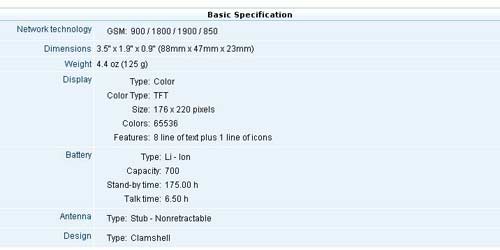
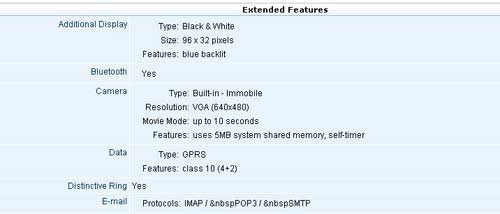
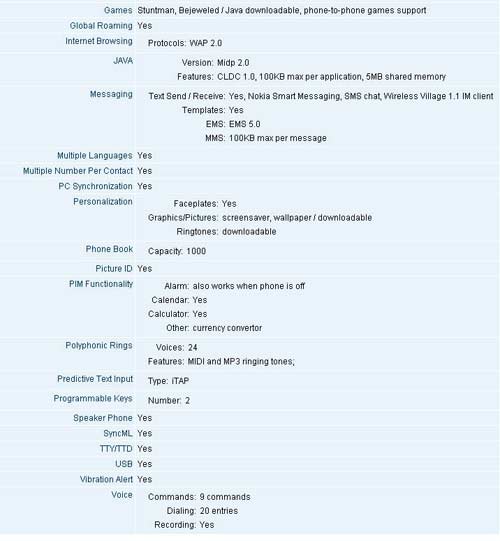
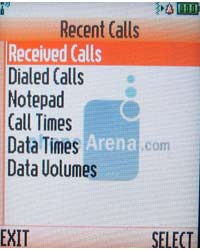

![]()
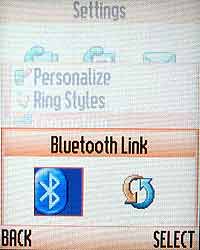
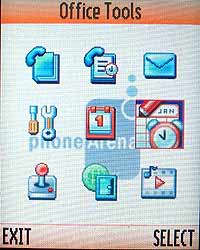
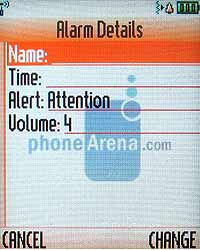
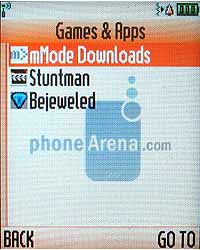
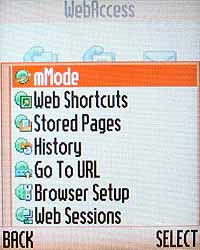
![]()

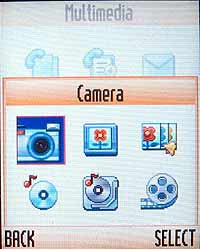

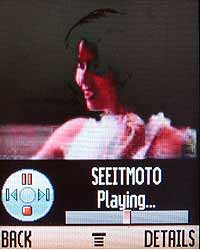
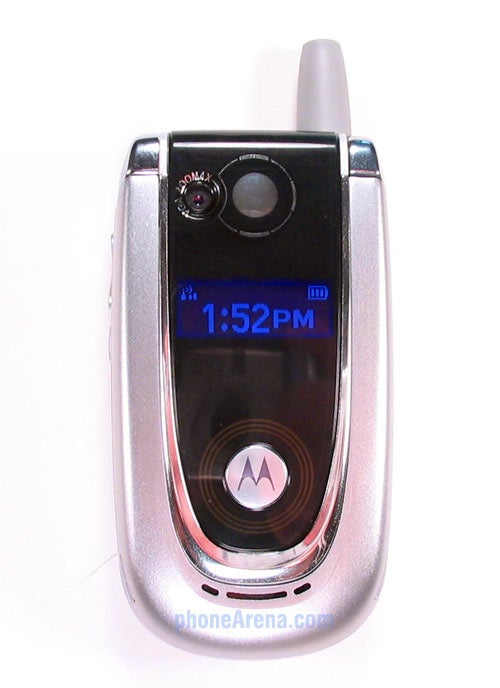
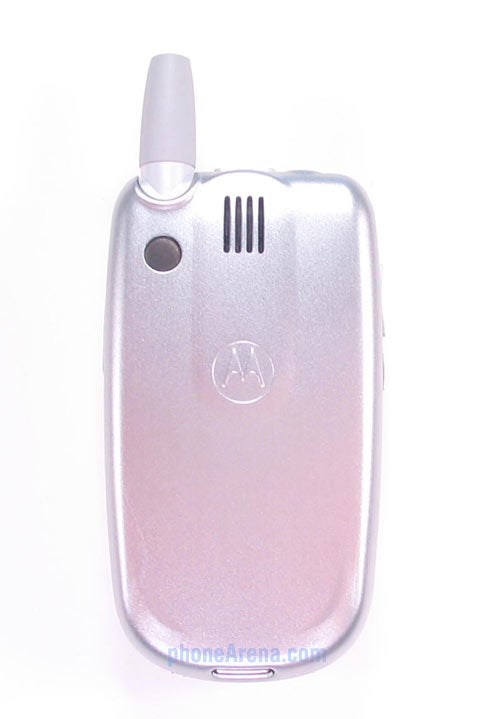
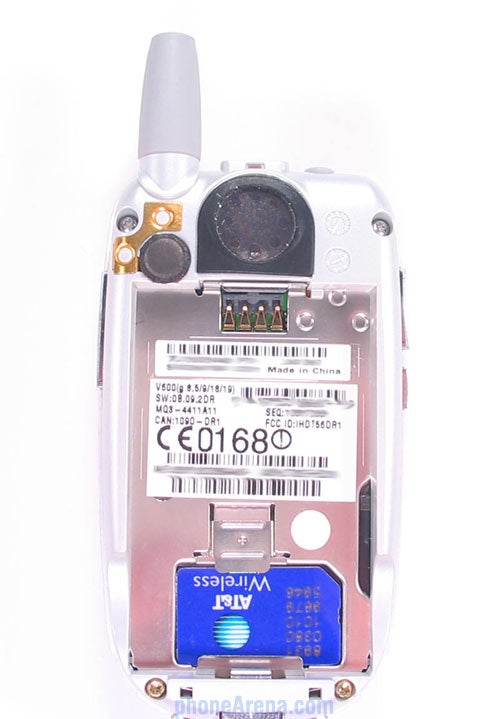
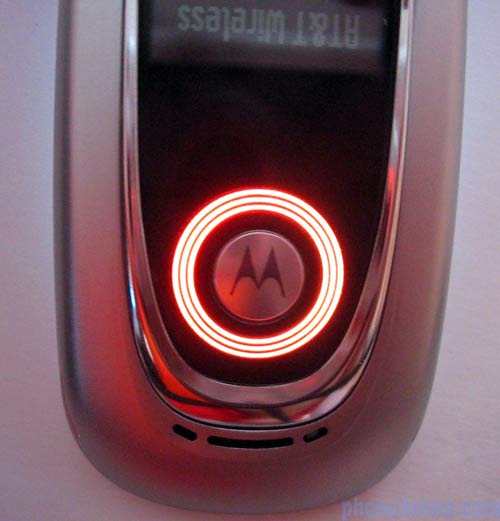
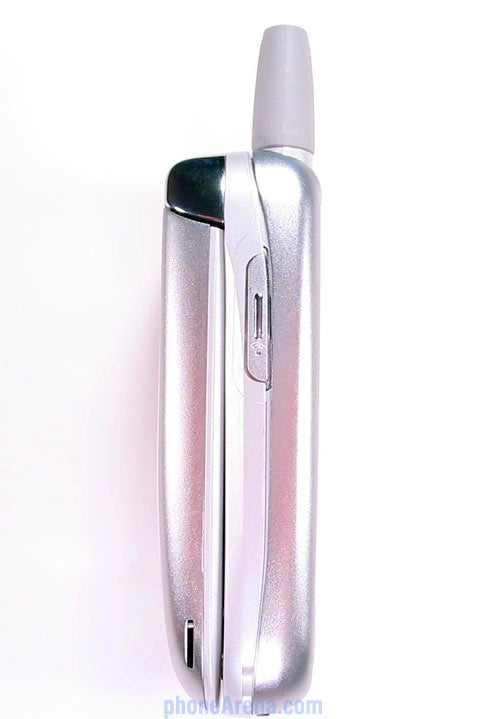
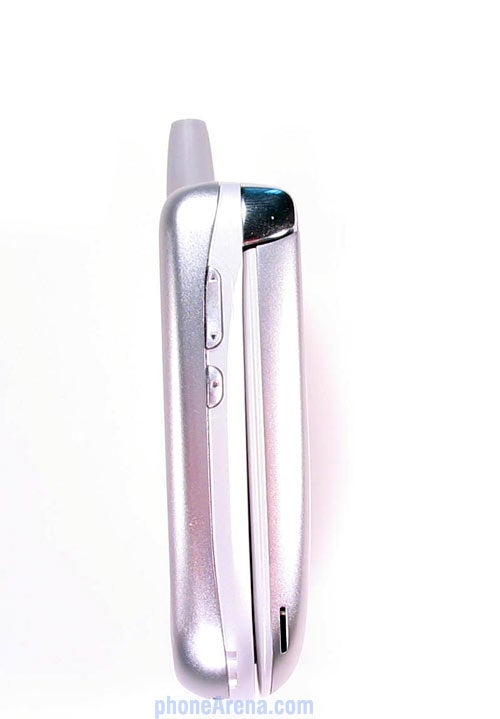
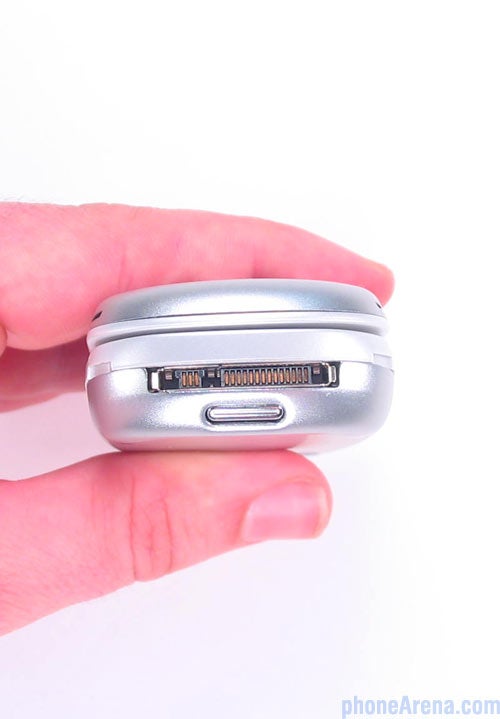
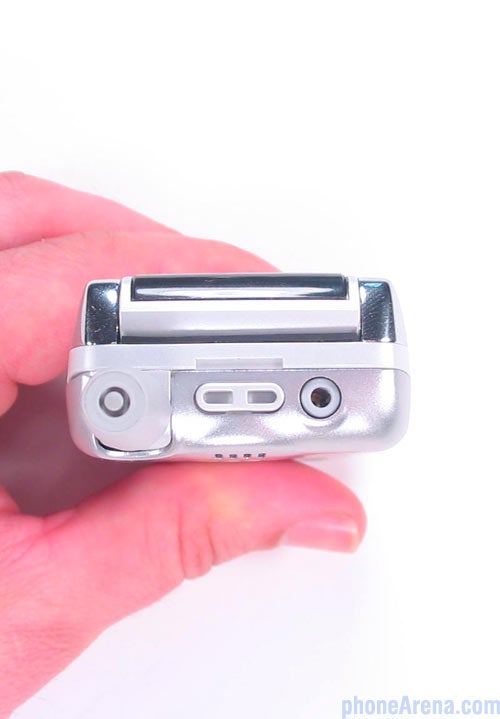
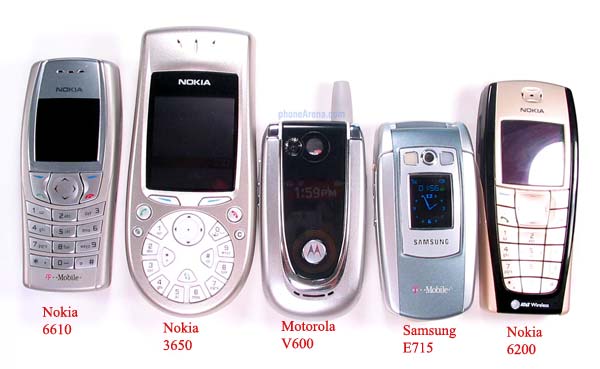
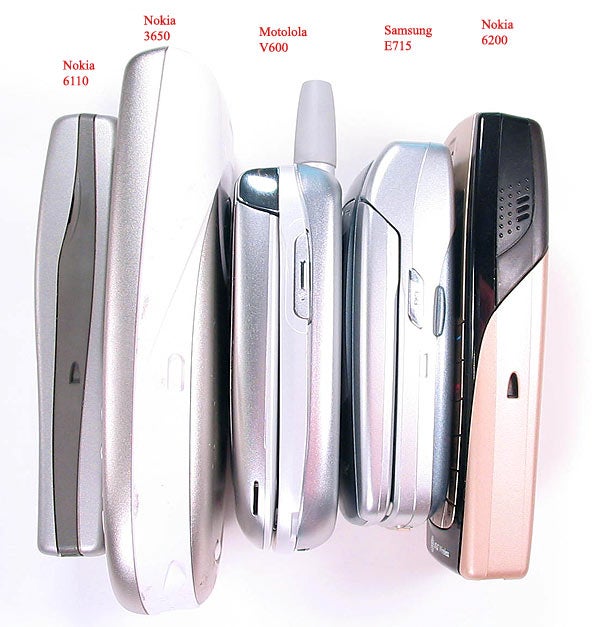
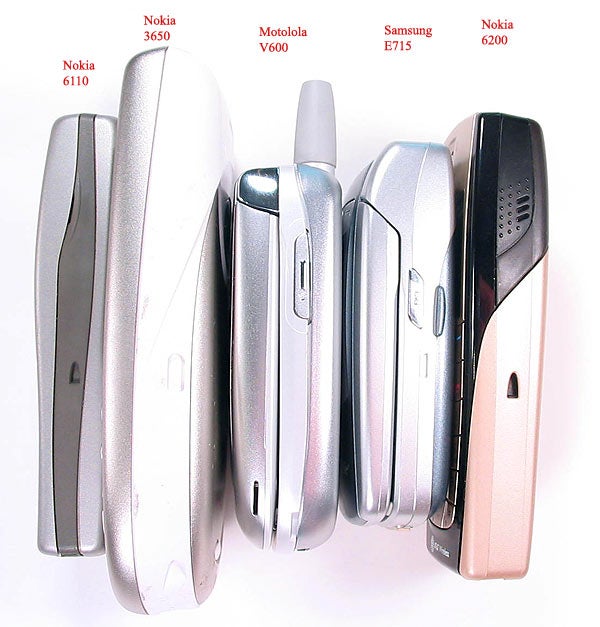
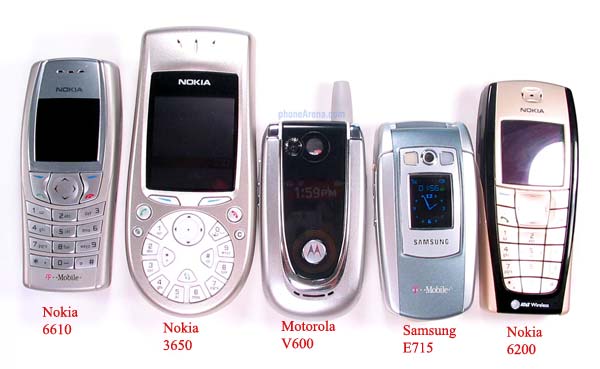
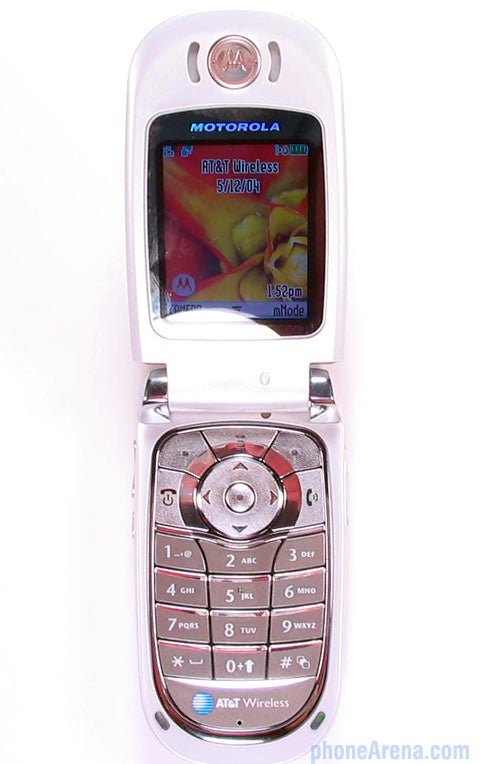
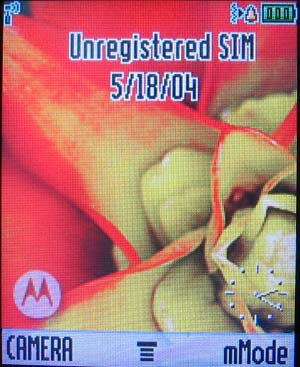
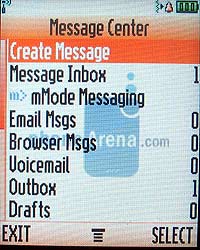
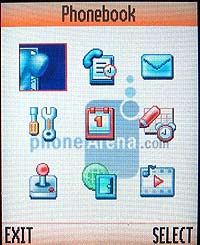
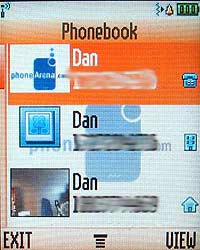
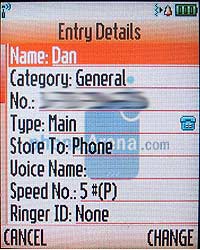
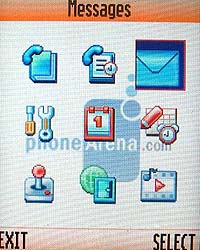
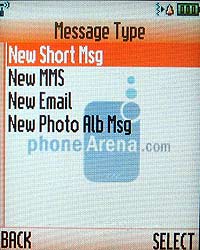
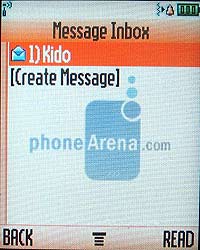
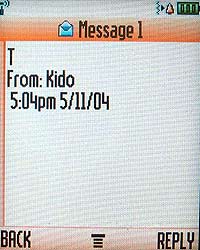
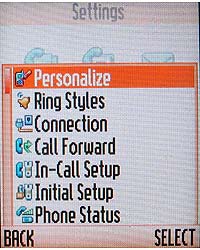
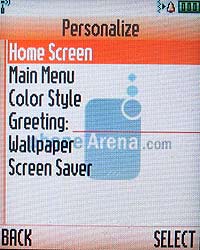
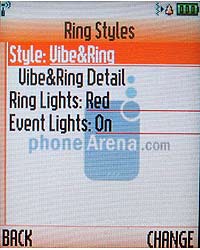
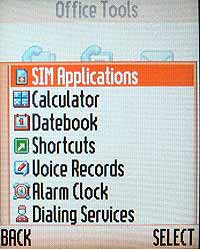
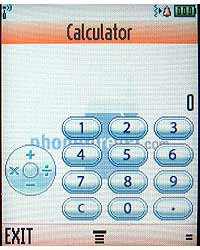
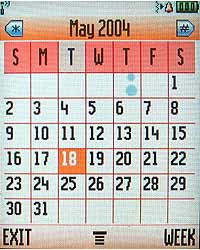
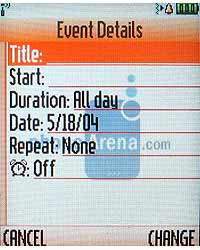
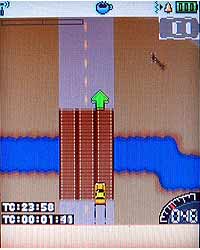

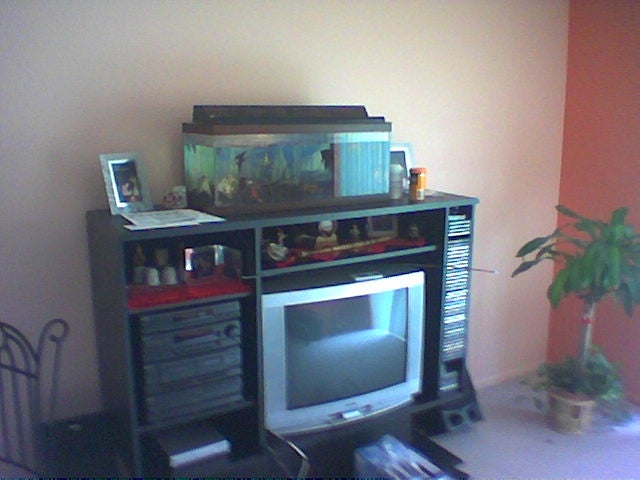
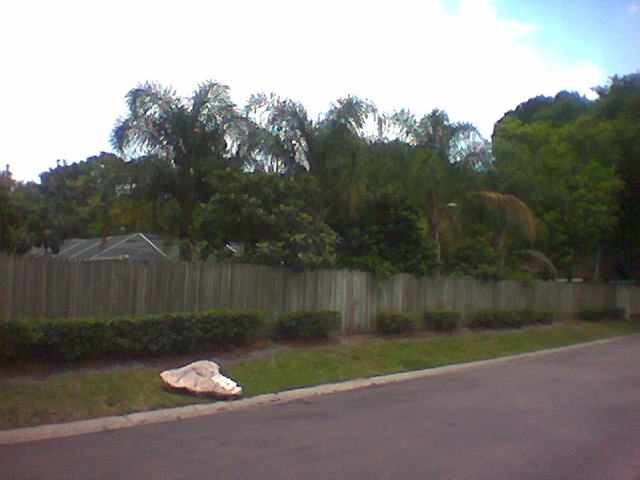

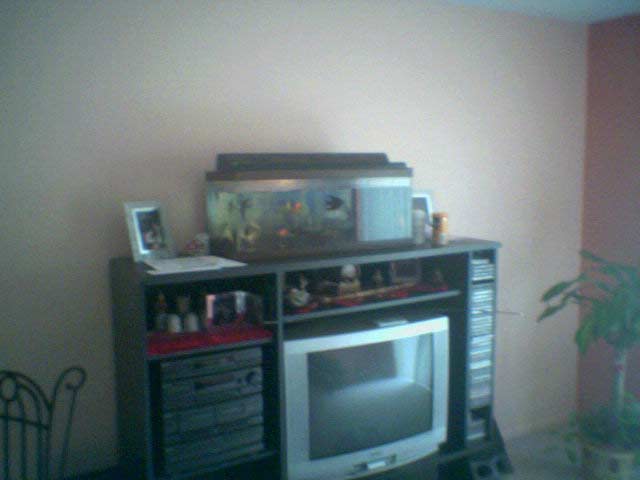


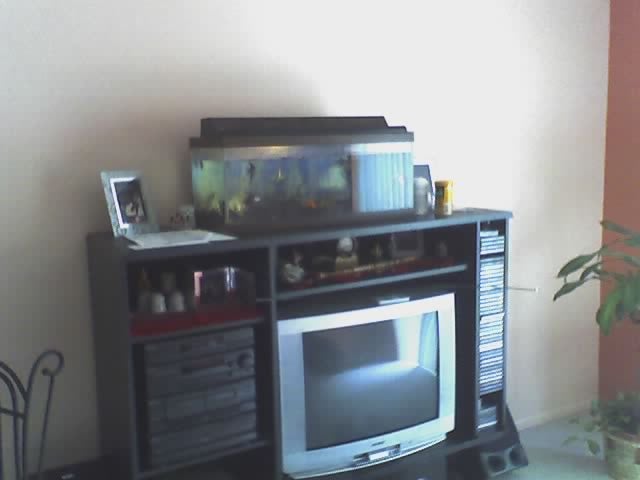


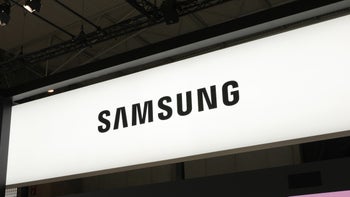
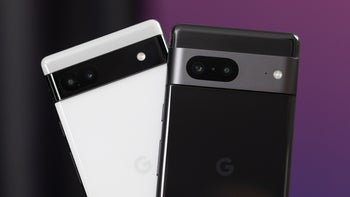
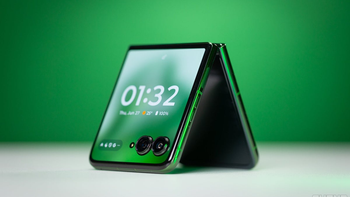
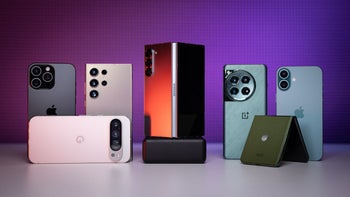
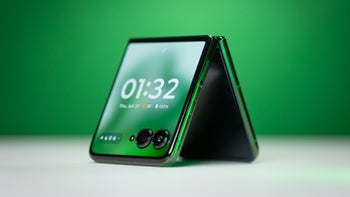

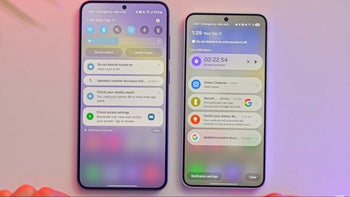
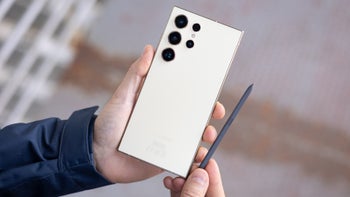
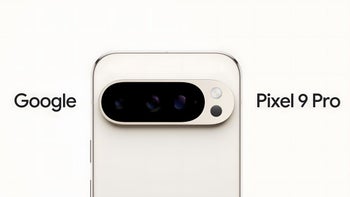

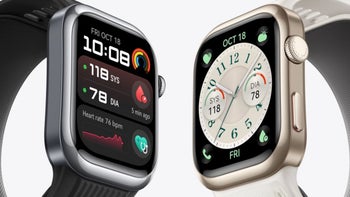
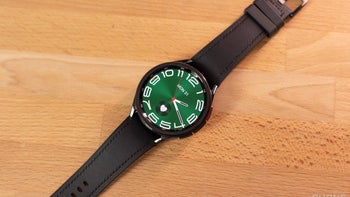
Things that are NOT allowed: